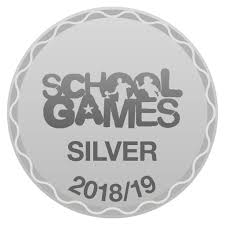
Welcome to Cockfield Primary School,
where every child’s journey matters.
Welcome to Cockfield Primary School! We are a small, welcoming and inclusive Primary and Nursery school, located in the heart of Cockfield village in County Durham. Our school motto is “Care, believe, achieve together,” and our ethos of care and ambition runs through everything we do.
The pupils, their families and the wider community of Cockfield and the surrounding villages are at the heart of all we do. Through our coverage of the National Curriculum, additional enrichment opportunities and the pastoral care and support that we provide, we aim to provide a school experience which is challenging, supportive and engaging.
We value and champion each child in our setting, and through getting to know the needs and strengths of all of our children, we aim to remove barriers to learn and find each child’s ‘element’ – area of learning where they really excel

Parents
Welcome to the Parent/Carers section of our website. We aim for this section of our website to provide parents and carers with useful information to support our children on their educational journey.

Pupils
This section of our website is aimed at helping the most important members of our school community – you, our pupils!

Our Classes
Each year we can admit 15 children to the Cockfield family. This means that our mixed classes are made up of year groups of 15 pupils an children move through the school in these cohorts.





